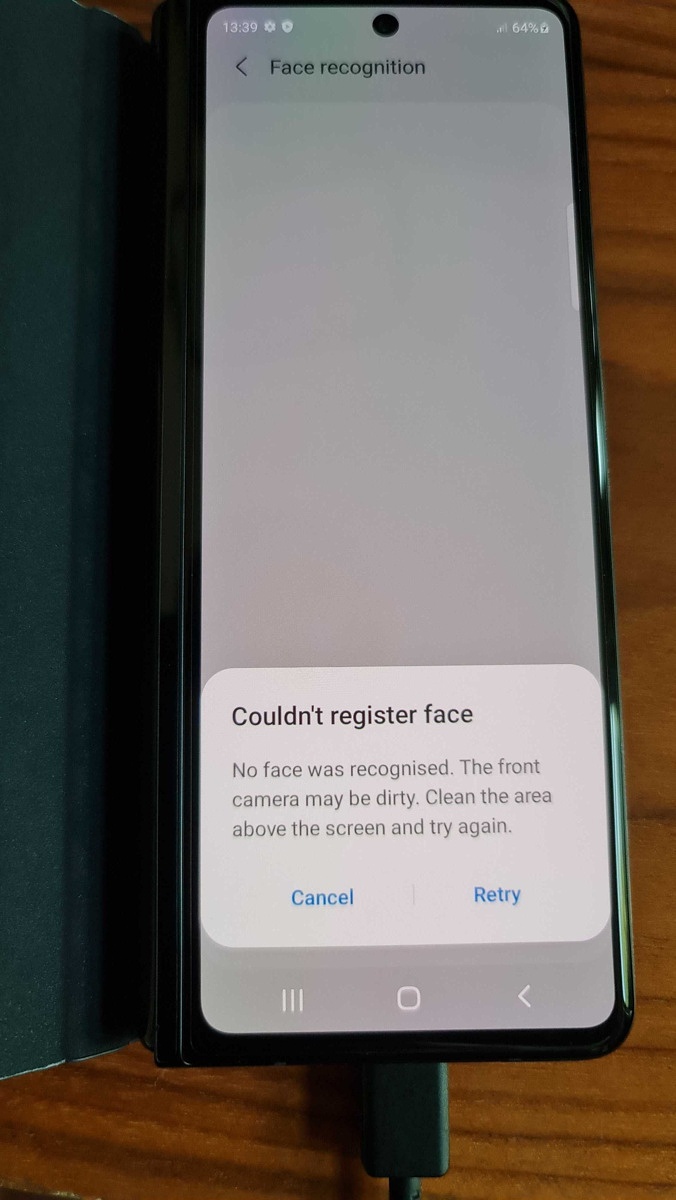The European Union’s top court has flipped the bird to German mobile network operators Telekom Deutschland and Vodafone, ruling in two separate judgements that their practice of exempting certain services from data caps violated the bloc’s net neutrality rules.
“Zero rating” is when service providers offer customers plans that exempt certain data-consuming services (be it Spotify, Netflix, gaming, or whatever) from contributing towards data caps. Very often, those services are commercial partners of the provider, or even part of the same massive media conglomerate, allowing the provider to exert pressure on customers to use their data in a way that profits them further. This has the convenient benefit of making it easier for providers to keep ridiculous fees for data overages in place while punishing competing services that customers might use more if the zero-rating scheme wasn’t in place. No one wins, except for the telecom racket.
Net neutrality is the principle that telecom providers should treat all data flowing over their networks equally, not prioritizing one service over the other for commercial gain. As Fortune reported, the version of net neutrality rules passed in the European Union in 2015 was at the time weaker than Barack Obama-era rules in the U.S., as they didn’t explicitly ban zero rating. That’s no longer the case, as Donald Trump appointees at the Federal Communications Commission nuked the U.S.’s net neutrality rules in 2017, and a series of subsequent regulatory decisions and court rulings in the EU narrowed the scope of zero-rating practices there.
In 2016, EU regulators found that zero rating would be allowed so long as the zero-rated services were also slowed down when a customer ran up against a data cap, according to Fortune. In 2020, the Court of Justice of the European Union (CJEU) confirmed that interpretation and found it was illegal to block or slow down data after a user hit their cap on the basis that a particular service wasn’t part of a zero-rating deal. Still, carriers in the EU have continued to offer zero-rating plans, relying on perceived loopholes in the law.
The CJEU ruled on two separate cases involving Telekom and Vodafone on Thursday, which according to Reuters were brought by Germany’s Federal Network Agency (BNetzA) regulatory agency and VZBV consumer association respectively. At issue in the Telekom case was its “StreamOn” service, which exempts streaming services that work with the company from counting towards data caps—and throttles all video streaming, regardless of whether it’s from one of the StreamOn partners, when the cap is hit. The Vodafone case involved its practice of counting zero-rated services or mobile hotspot traffic towards data cap—advertising those plans with names like “Music Pass” or “Video Pass,” according to Engadget—when a customer leaves Germany to travel somewhere else in the EU.
Both of the companies’ plans violated net neutrality principles, the CJEU found, in a completely unambiguous decision titled “‘Zero tariff options are contrary to the regulation on open internet access.“ Fortune wrote that BNetzA has already concluded that the court’s decision means that Telekom will likely not be able to continue StreamOn in its “current form.”
“By today’s judgments, the Court of Justice notes that a ‘zero tariff’ option, such as those at issue in the main proceedings, draws a distinction within Internet traffic, on the basis of commercial considerations, by not counting towards the basic package traffic to partner applications,” the CJEU told media outlets in a statement. “Such a commercial practice is contrary to the general obligation of equal treatment of traffic, without discrimination or interference, as required by the regulation on open Internet access.”
The court added, “Since those limitations on bandwidth, tethering or on use when roaming apply only on account of the activation of the ‘zero tariff’ option, which is contrary to the regulation on open Internet access, they are also incompatible with EU law.”
Source: EU Bolsters Net Neutrality With Ruling Against Zero Rating




